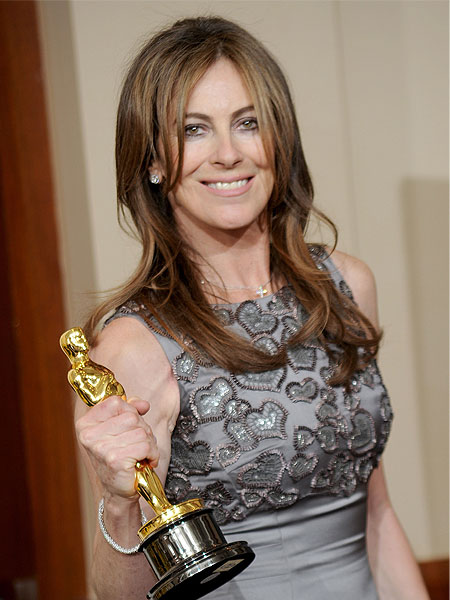Well, dear readers. All good things come to an end. Regardless of whether or not you'd call this blog a good thing, it's definitely coming to an end.
So I'm forced to say my goodbyes to you, dear readers. But I'd like to leave you with something before I go. Through research for this blog, if I've learned one thing, it's that appearances do matter.
"WHAT?"
Well, disembodied voice that I assume is my one dedicated reader (my mom), appearances really do matter. We live in a society that places value upon the outward appearance of its members. But what does this mean for us?
It means that we must fight to make sure that people are not discriminated upon based on this. Don't hate someone for the color of their skin. Don't hate someone for the color of their shirt, either (even if it doesn't match the color of their pants).
But we can also take away some cool tips from this slightly depressing realization. The system might change, but it will take time. In the meantime? Use the system in your favor. Realize its flaws and use them to better yourself or better others. Make a movie with accurate portrayals of race. Listen to what a female politician has to say instead of paying attention to what she's wearing. Be careful of the words you use to describe someone else's appearance. Be the difference you want to see in the world, kids.
So I'm forced to say my goodbyes to you, dear readers. But I'd like to leave you with something before I go. Through research for this blog, if I've learned one thing, it's that appearances do matter.
"WHAT?"
Well, disembodied voice that I assume is my one dedicated reader (my mom), appearances really do matter. We live in a society that places value upon the outward appearance of its members. But what does this mean for us?
It means that we must fight to make sure that people are not discriminated upon based on this. Don't hate someone for the color of their skin. Don't hate someone for the color of their shirt, either (even if it doesn't match the color of their pants).
But we can also take away some cool tips from this slightly depressing realization. The system might change, but it will take time. In the meantime? Use the system in your favor. Realize its flaws and use them to better yourself or better others. Make a movie with accurate portrayals of race. Listen to what a female politician has to say instead of paying attention to what she's wearing. Be careful of the words you use to describe someone else's appearance. Be the difference you want to see in the world, kids.









